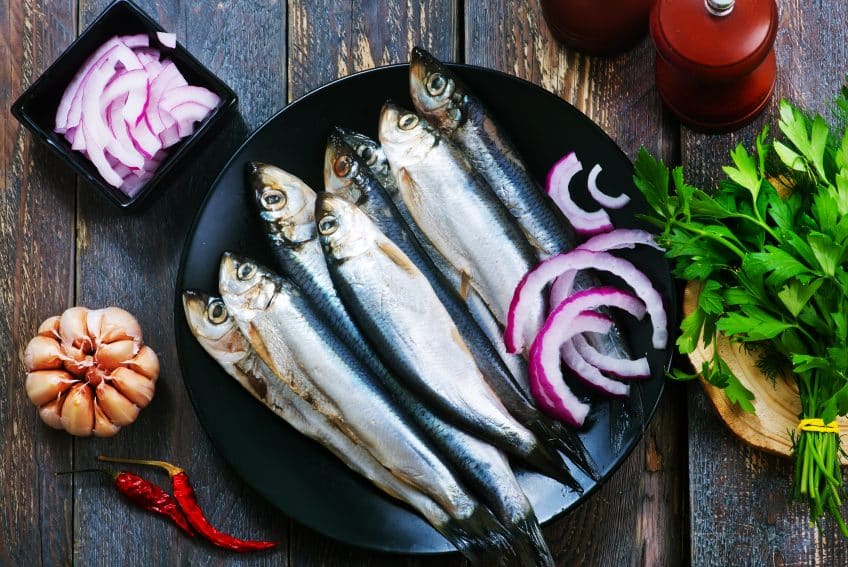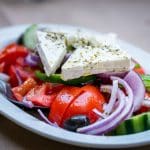
International Mediterranean Diet Month
There is no definitive plan to follow when it comes to a Mediterranean diet due it being consumed by many countries and lifestyles. But there is a lot of research out there to confirm the health benefits of eating a Mediterranean diet, which include:
- Weight loss
- Reduced risk of type 2 diabetes
- Lowered cholesterol and blood pressure
- Lowered risk of early death by 40%
- Lowered risk of heart disease by 30%
- Reduced risk of depression
- Reduced risk of developing diseases such as cancer, Parkinson’s and Alzheimer’s
- Lowered risk of premature death
The Mediterranean diet can be adjusted to suit individual needs and preferences, but the guidelines you should follow are:
| FOOD CATEGORIES | FOOD EXAMPLES |
EAT
|
Vegetables – Broccoli, kale, spinach, onion, cauliflower, carrots, Brussels sprouts, cucumber, cabbage, peppers, asparagus
Fruits – Apples, bananas, oranges, pears, strawberries, grapes, dates, figs, melon, peaches Whole grains – Whole oats, brown rice, rye, barley, corn, buckwheat, whole wheat, whole grain bread, whole grain pasta Nuts and seeds – Almonds, walnuts, Macadamia nuts, hazelnuts, cashews, sunflower seeds, pumpkin seeds Legumes – Beans, peas, lentils, pulses, peanuts, chickpeas Fish & seafood – Salmon, sardines, trout, tuna, mackerel, shrimp, oysters, clams, crab, mussels Herbs & spices – Garlic, basil, rosemary, sage, nutmeg, cinnamon, pepper Healthy fats – Extra virgin olive oil, olives, avocados, avocado oil |
EAT IN MODERATION |
Poultry
Cheese Yoghurt |
EAT RARELY |
Red meat – Pork and beef |
DO NOT EAT |
Sugar-sweetened drinks – Fizzy drinks, sodas, soft fruit flavoured drinks
Added sugar – Table sugar, various sugars and syrups added to processed foods and drinks Processed meat – Processed sausages, hotdogs, salami, corned beef, canned meat Refined grains – White bread, white rice Refined oils – Soybean oil, cottonseed oil, rapeseed oil, sunflower oil Processed food – Anything labelled ‘low fat’ or ‘diet’ and anything that looks like it was manufactured in a large factory. Check nutrition labels for high levels of salt, sugar and fat |
Extra points worth knowing:
- A Mediterranean diet is known to be high in plant foods, and relatively low in animal products
- Eating fish or seafood is recommended at least twice a week
- Water should be your go-to choice of fluid, although tea and coffee is fine as long as it doesn’t contain sweeteners or sugar
Are you thinking about adding something to your health and wellbeing programme? Contact us here for more information on our Employee Nutrition Services.


